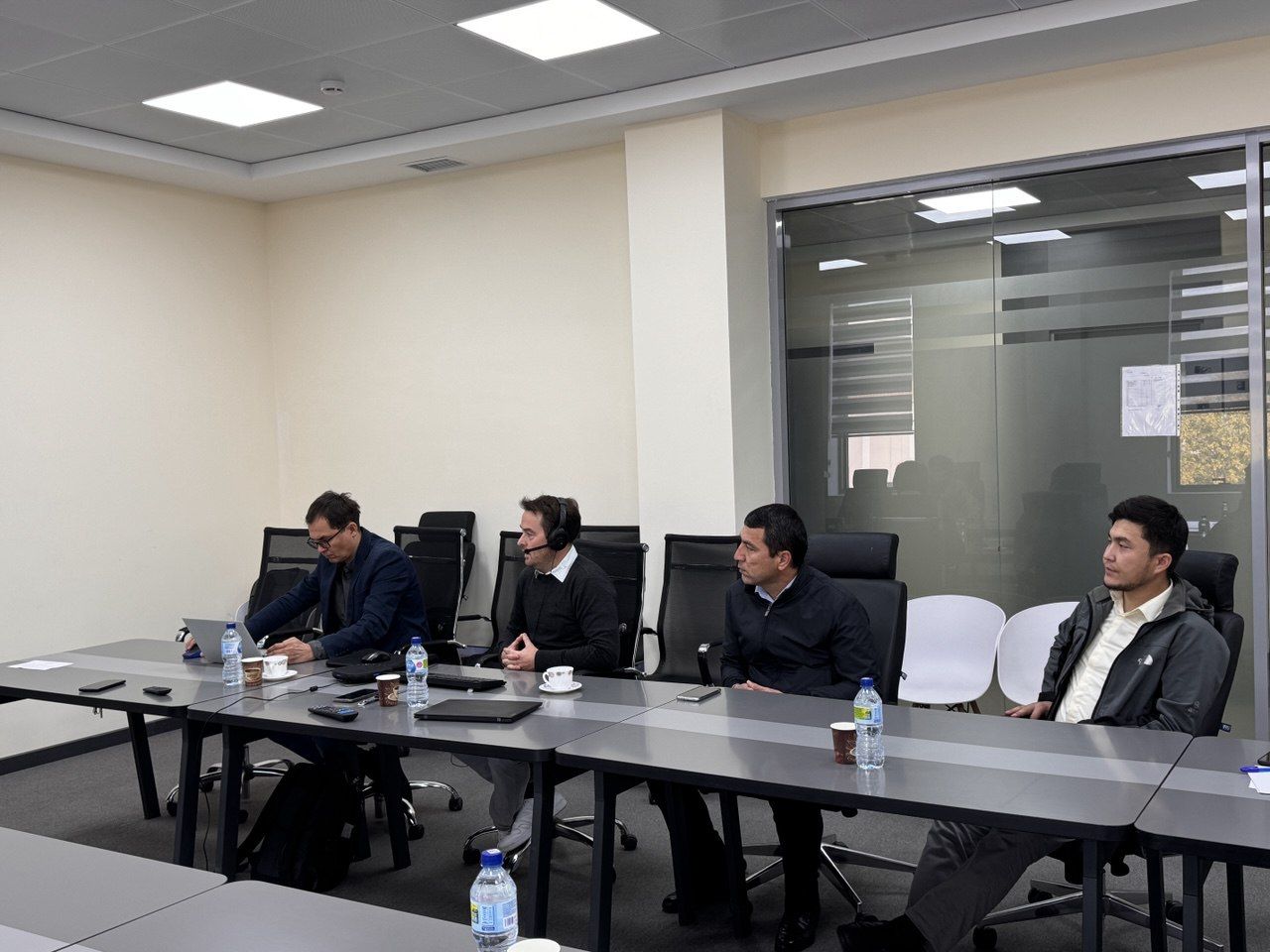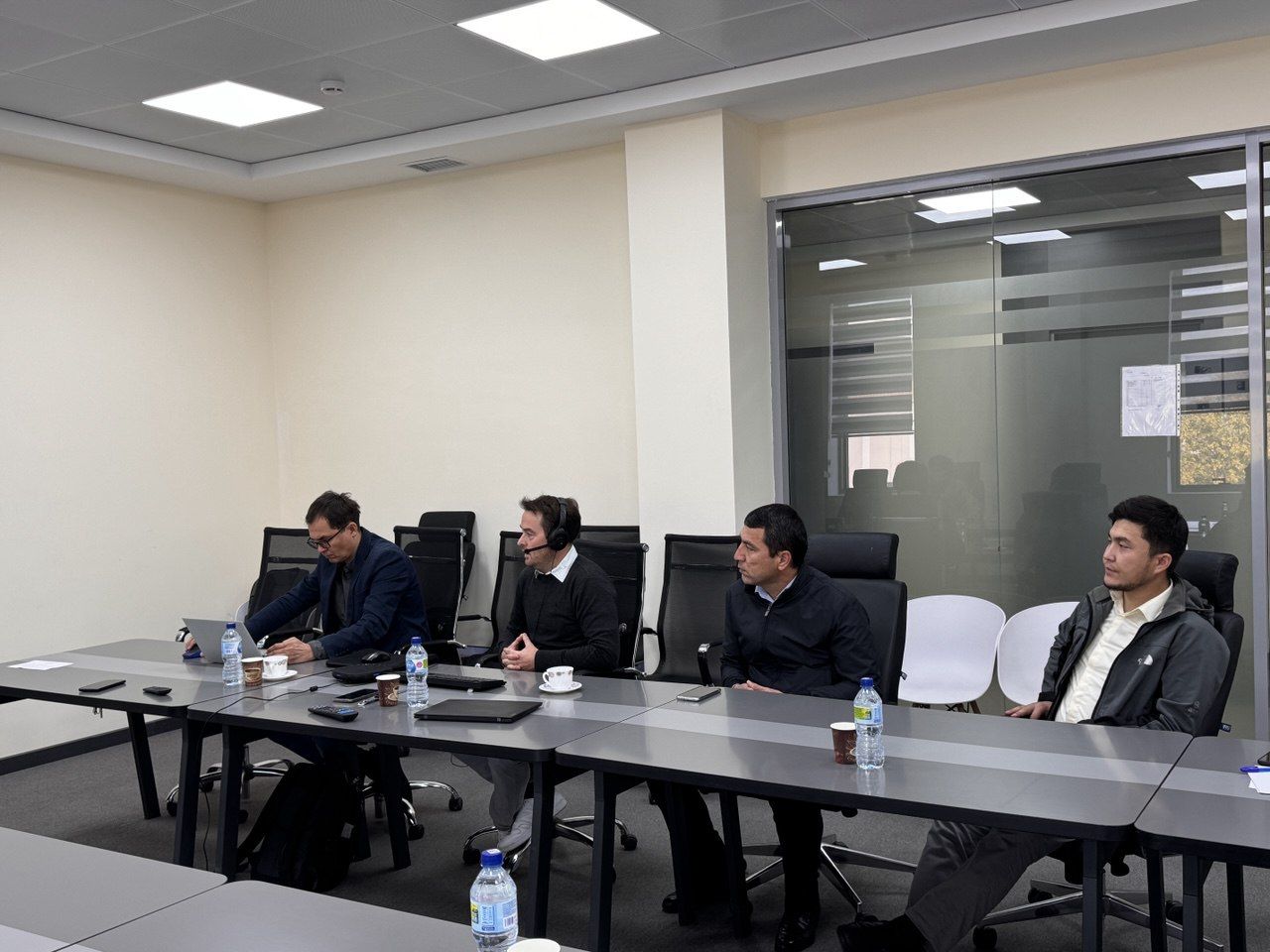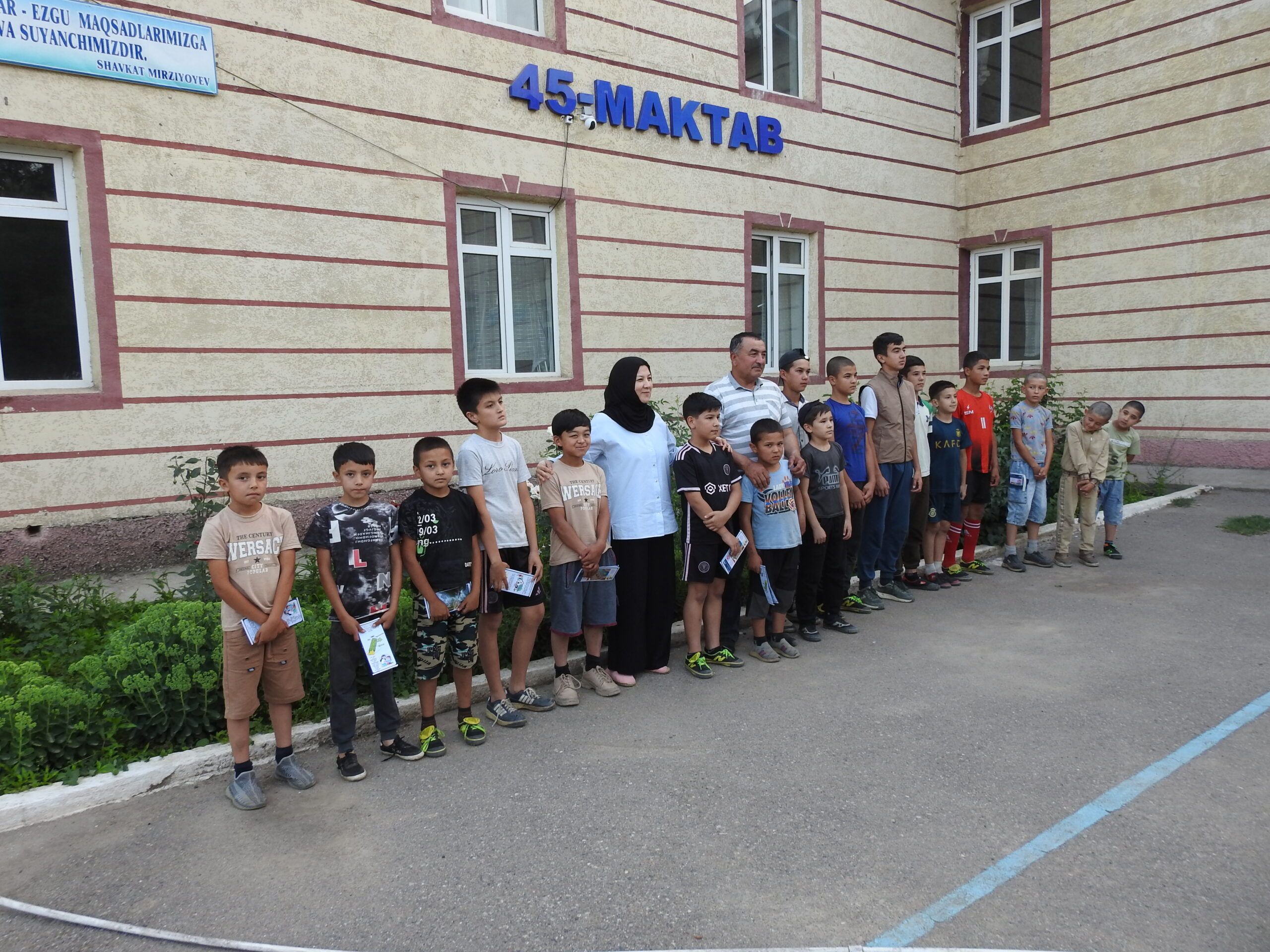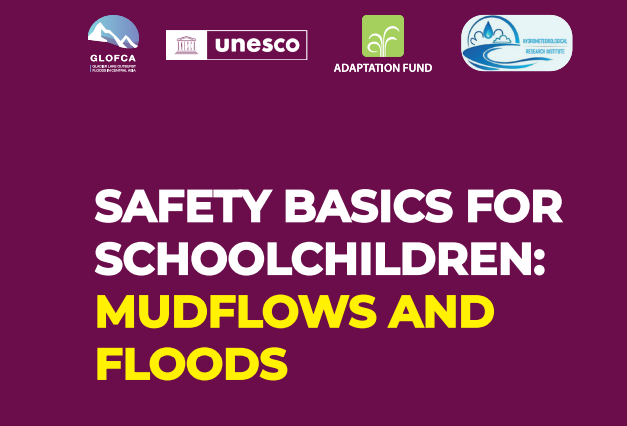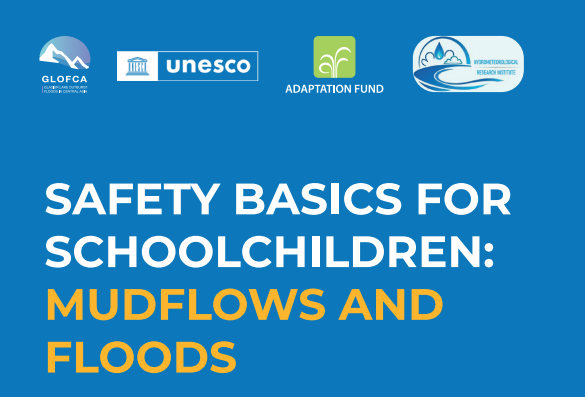
Education Activities
Through workshops, field schools, and educational materials, GLOFCA empowers professionals, community leaders, and locals with the knowledge and skills needed to monitor, manage, and mitigate GLOF risks in their regions.
Distance learning module
The lecture and exercise material was developed in partnership with CAIAG. The DLM was launched regionally in Tashkent, Uzbekistan, with an option to participate online. The entire learning module, including 15 hours of lecture material, 10 hours of self-guided learning, and 30 hours of practical exercise will soon be accessible from the GLOFCA knowledge platform.
DLM Lecture Materials

Lecture 1
Will be available soon
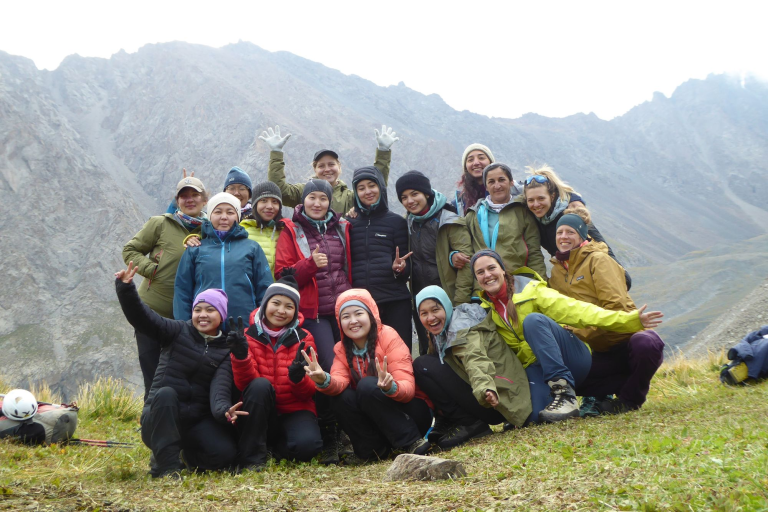
Youth and Young Professionals Gain Practical Insights on Climate Adaptation
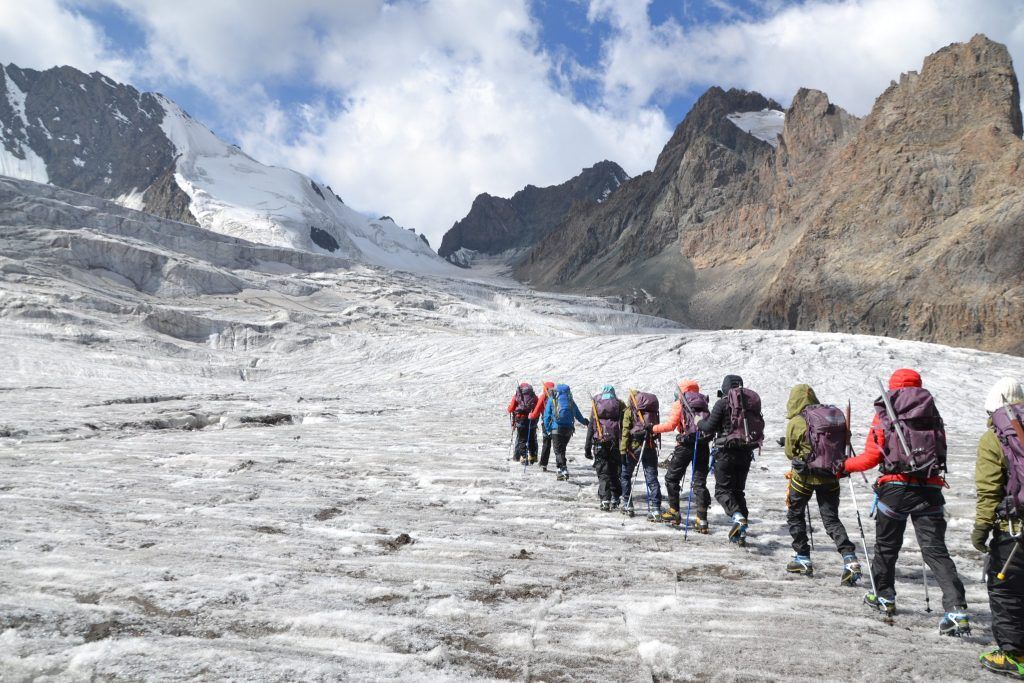
GLOFCA is present in ‘Adventure of Science: Women and Glaciers in Central Asia’
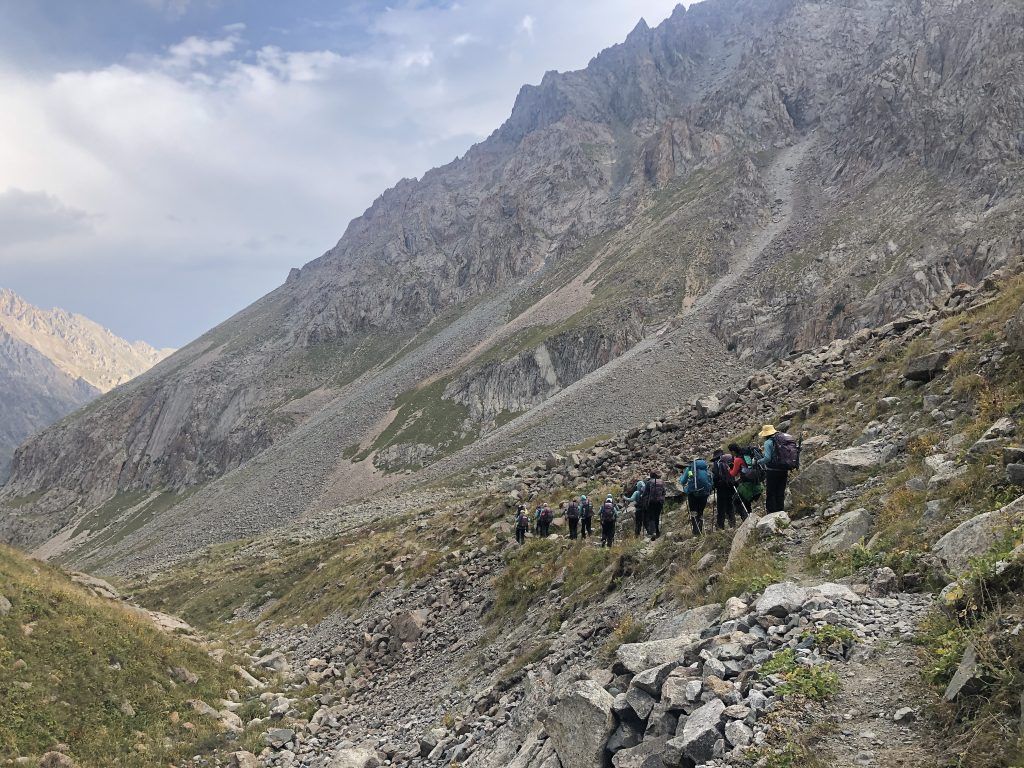
Adventure of Science Expedition: Empowering Women in Central Asia
GLOFCA contribution to Adventure of Science

Youth and Young Professionals Gain Practical Insights on Climate Adaptation

GLOFCA is present in ‘Adventure of Science: Women and Glaciers in Central Asia’

Adventure of Science Expedition: Empowering Women in Central Asia

Youth and Young Professionals Gain Practical Insights on Climate Adaptation

GLOFCA is present in ‘Adventure of Science: Women and Glaciers in Central Asia’

Adventure of Science Expedition: Empowering Women in Central Asia
Education and Resilience in Uzbekistan’s High Mountains
In Uzbekistan’s mountain villages of Pskem and Tepar, the GLOFCA project is working with schools and communities to build disaster risk awareness among the youngest generation. Beginning in 2024, the project team, together with experts from national institutes and the University of Zurich, introduced interactive lessons on landslides, mudflows, and floods. Students learned through child-friendly booklets, videos, and class discussions, and became directly involved in climate monitoring with the installation of automated weather stations at their schools.
Building on this foundation, a follow-up visit in July 2025 reinforced knowledge through new sessions on debris flows, avalanches, and glacial lake outburst floods. Activities included multimedia presentations, a documentary film, and a drawing contest to engage students in reflecting on risks and preparedness.

